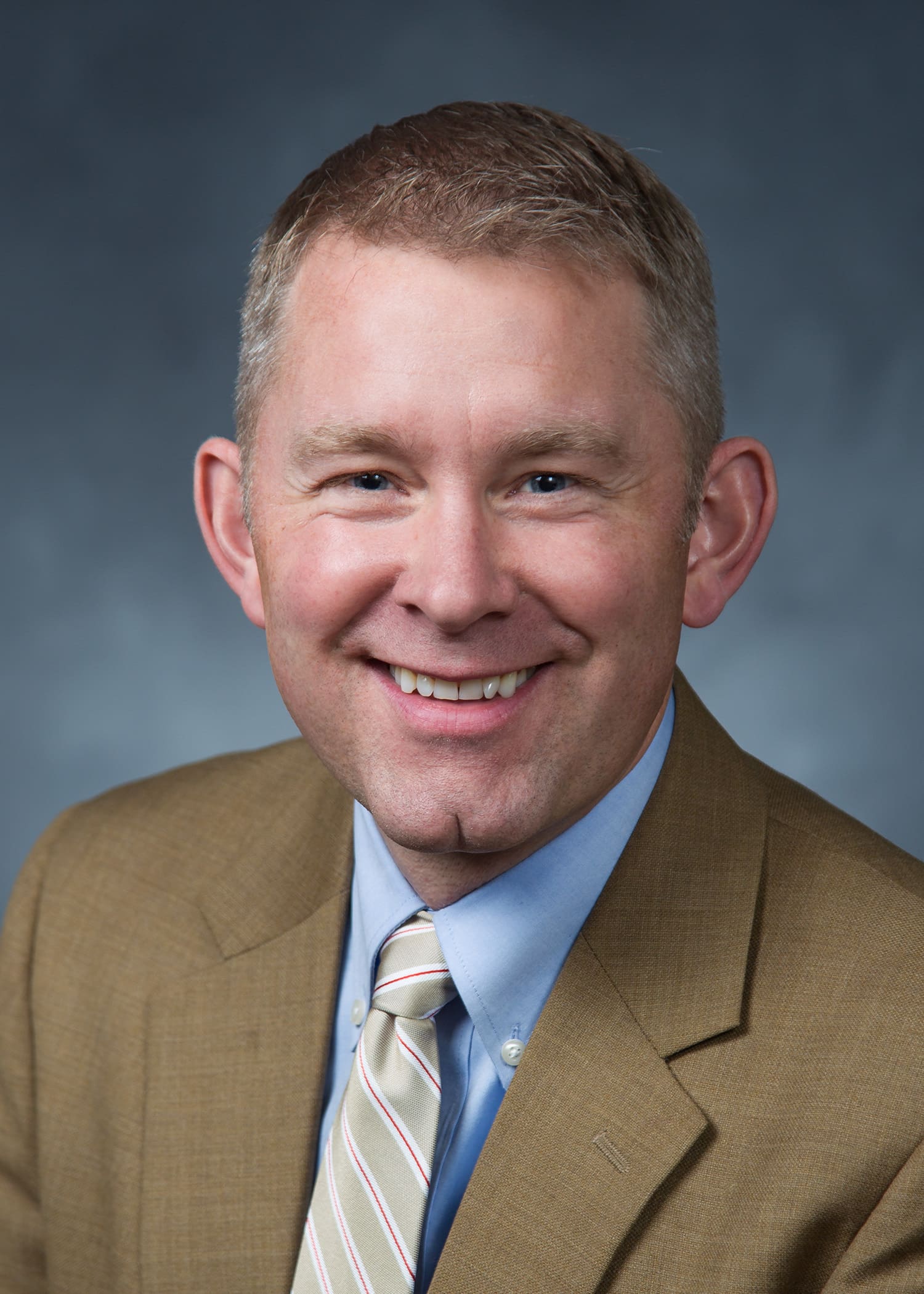Richard Mouw and I belong to different churches. Depending on who you ask, we might belong to different religions. We’ve spent nearly fifteen years exploring that very question, in fact, and from nearly every conceivable angle.
In some ways, my church—the Church of Jesus Christ of Latter-day Saints—can be understood to have formed in a titanic wrestle with traditional Christianity and with the changing but still-dominant Calvinist churches of the early United States in particular. As a result, a friendship between a renowned Dutch Reformed theologian like Rich and a feisty Latter-day Saint historian like me might have seemed unlikely. That we are, truly, friends is a testament to the kind of Christian Richard Mouw is and to the kind of Christian I want someday to be. We likely will not be members of the same church in this life. Even so, it would take considerable persuasion to dissuade me from the conviction that we follow the same Jesus.
Rich and I were not the first scholars in our respective traditions to begin talking and (more importantly) listening to one another. But we are part of an early wave who have taken pains—and I use that word deliberately—to hear one another and to love each other. It took me about ten minutes to love him. I was struck not by Rich’s intellect at first, though his has proved intimidating in every sense. I noticed first his love for hymnody. His attachment to traditional devotion disarmed me and drew me to him. And then I heard him pray. Rich can preach and, goodness, he can pray. Hearing him pray wasn’t for me the experience of an anthropologist hearing an alien cultural expression, however. (Some Christian prayers have awed me in that sense.) Rich’s prayers rang familiar and shared with the best Latter-day Saint prayers a kind of warm acquaintance mingled with abject humility. These were the words of a man seeking the same things I seek, deep down. He wants holiness and divine encounter. He yearns for the transformation of the self and of a world he loves and mourns over. So do I. He seeks the Christ as the world’s one real hope. So do I. So, when he prayed, I found a friend.
I found an academic mentor too. Over the years, Rich has exemplified a kind of seeking and rigorous knowing that sometimes runs directly counter to my graduate school training. There, a “hermeneutic of suspicion” ruled, albeit often implicitly, over every seminar and nearly every conversation. It formed a razor-slicing posture that served me well in taking apart arguments and worn narratives. Rich, it turns out, lives a different intellectual ethic, not unlike another mentor of mine, the Latter-day Saint historian Richard L. Bushman. Both Richards modelled a different life of the mind for me—less skeptical and less cynical but no less brilliant. For a Calvinist, Rich seems strangely generous about human intentions! He consistently embodies a “hermeneutic of generosity,” as one of Bushman’s protégé’s described it.
Rich’s generosity has been on display at every turn during our now extended friendship. He heard my early concerns about our Latter-day Saint/evangelical dialogue and led the way in addressing them. He has regularly been as intent on repenting for the deficiencies in his own tradition as pointing out those in mine. He has willingly, on more than one occasion, suffered intense criticism from his own community to ensure that mine was ministered to. He’s listened hard to make sure he understands me and my faith. He’s listened so well, in fact, that I trust him to give an account of my faith, to any audience and in any setting. That’s a remarkable statement in a world like ours, especially in light of our two communities that have long been short on trust for the other. In short, I can trust my faith in Rich’s hands. He has proved true the insight of the founding visionary of my church, Joseph Smith Jr.: “Let me be resurrected with the saints, whether to heaven or hell or any other good place. . . . What do we care, if the society is good? Don’t care what a character is if he’s my friend—a true friend. I will be a friend to him. Friendship is the grand fundamental principle of Mormonism, to revolutionize and civilize the world.” I simply could not do without friends like Richard Mouw.
We are still talking, but we know we’ll never decide all the questions separating our two traditions. Ultimate clarity awaits in other realms beyond the skies, no doubt. But after all the years of conversation, I’m quite clear on this: if Richard Mouw is a Christian then I want to be one too.
This essay originally appeared in Generous Calvinist, edited by Marinus de Jong and Jessica Joustra. The book celebrates Dr. Richard J. Mouw’s theological and philosophical contributions on the occasion of his honourary doctorate from the Theological University in Kampen. It is reprinted with permission.


